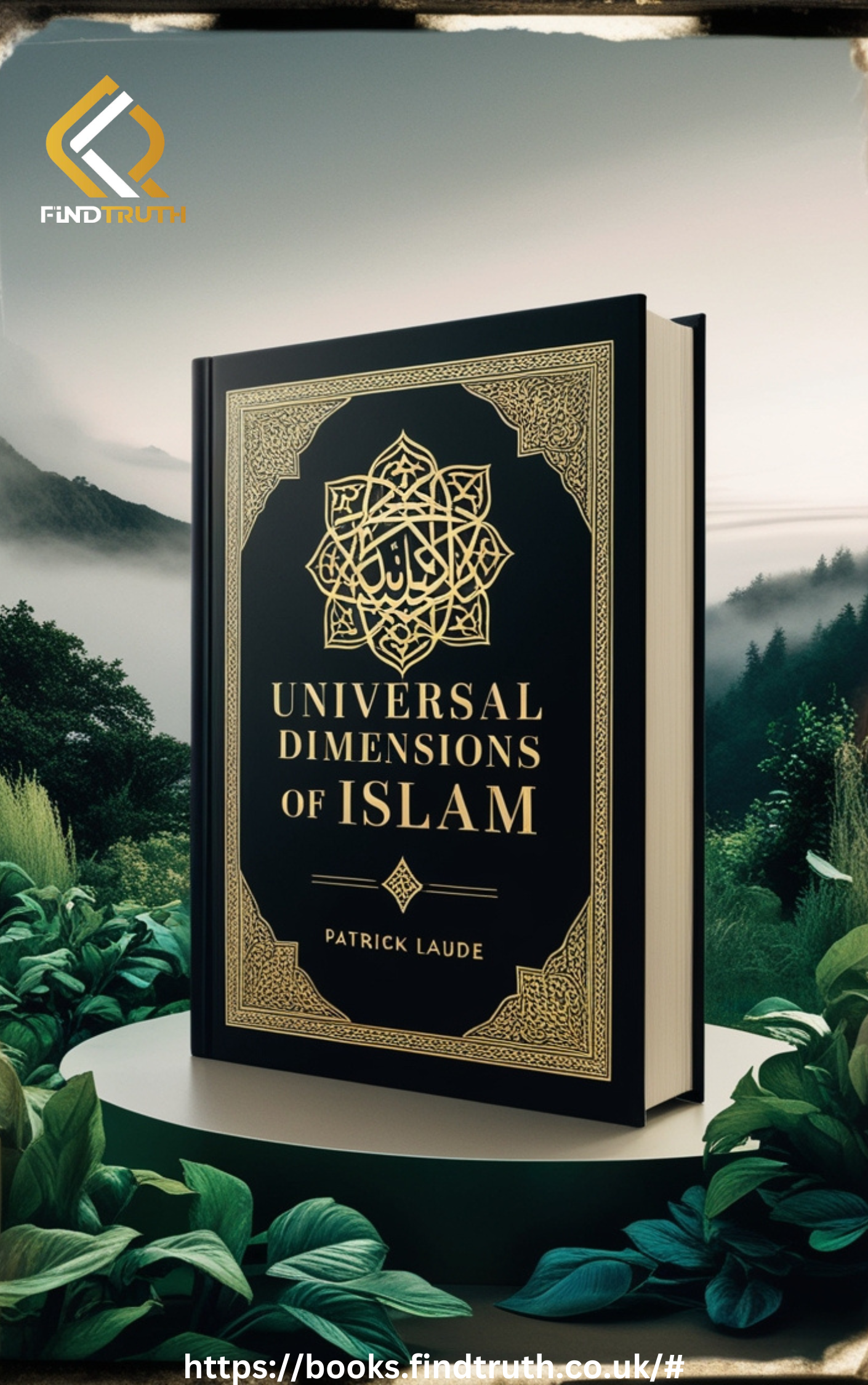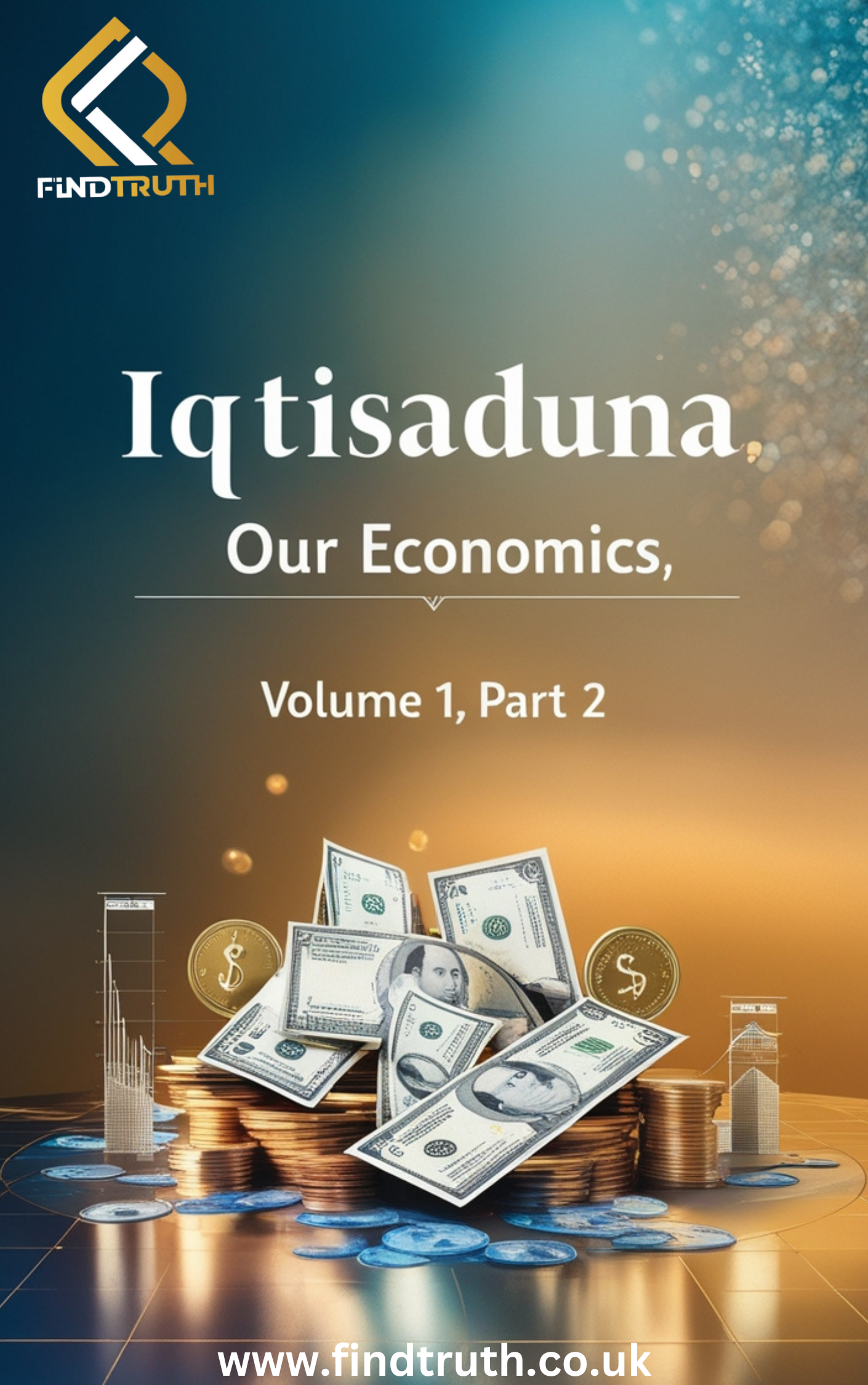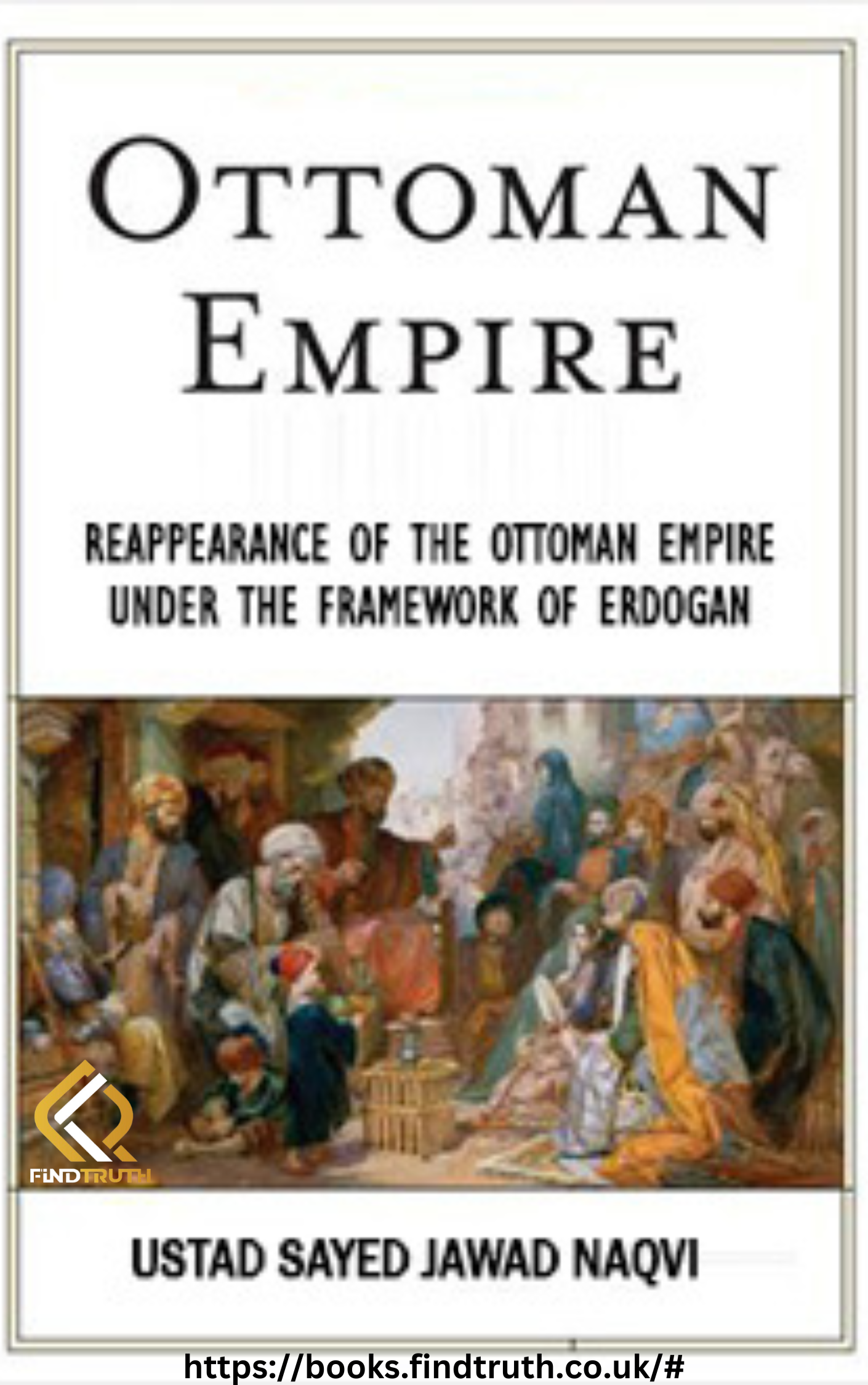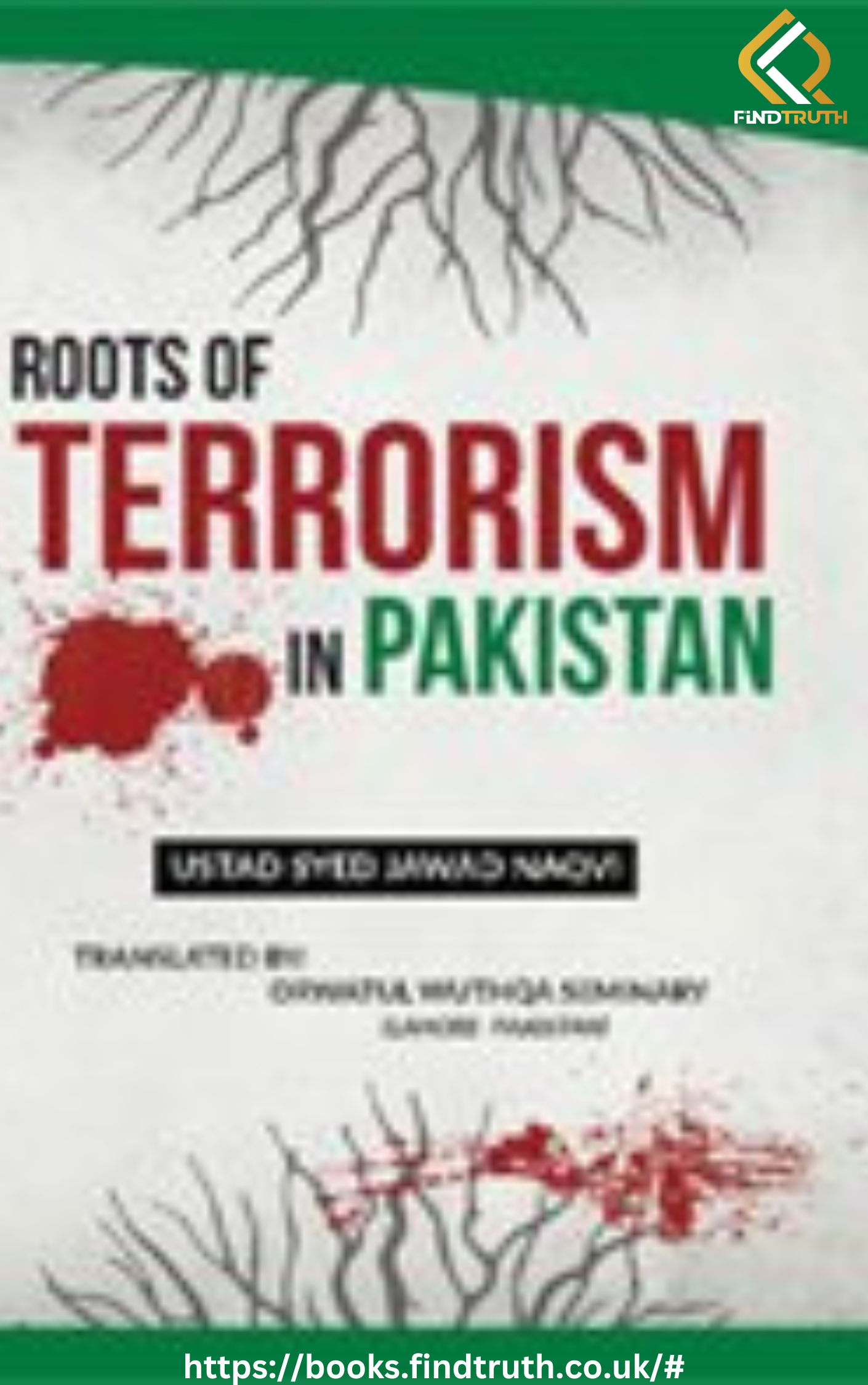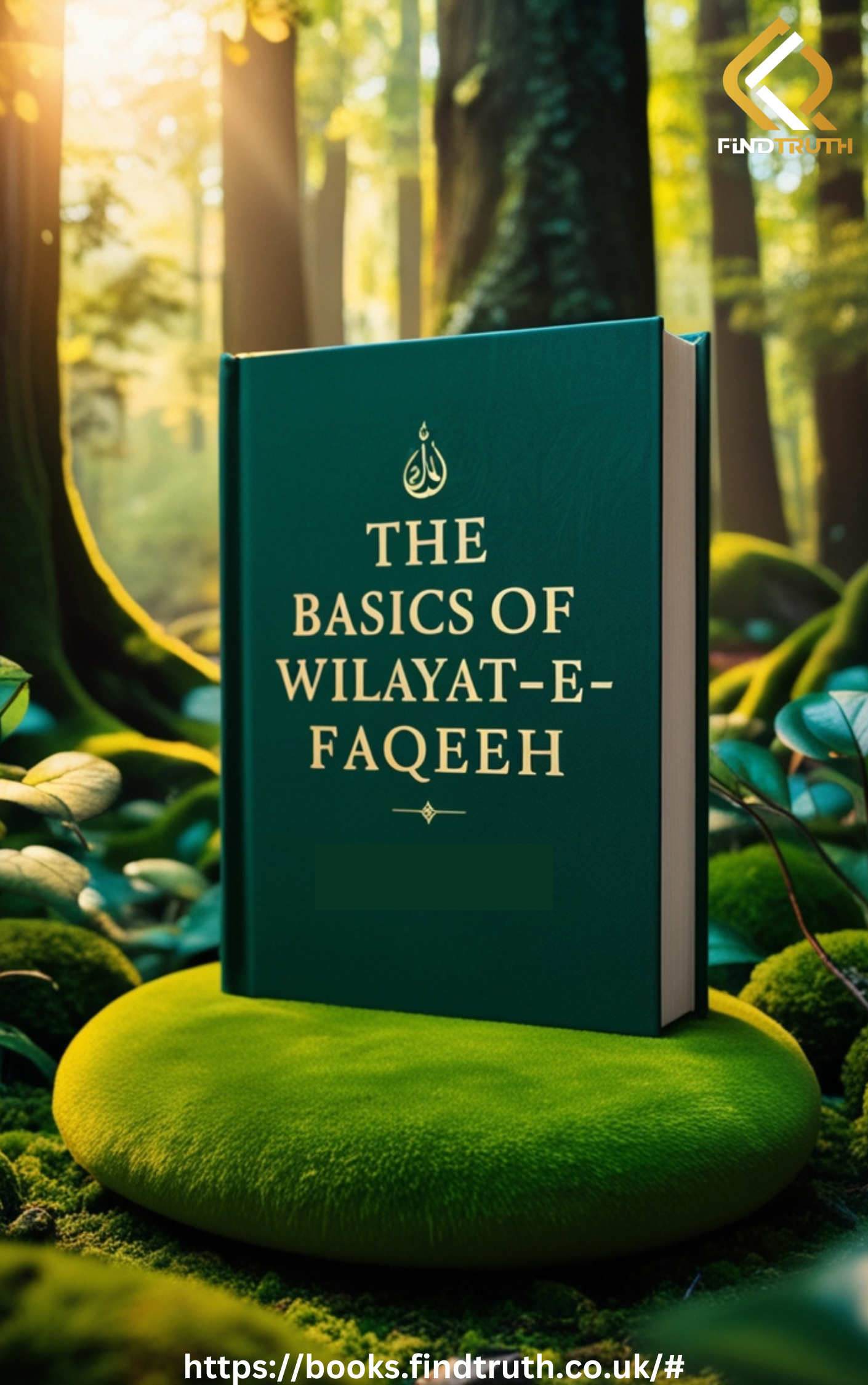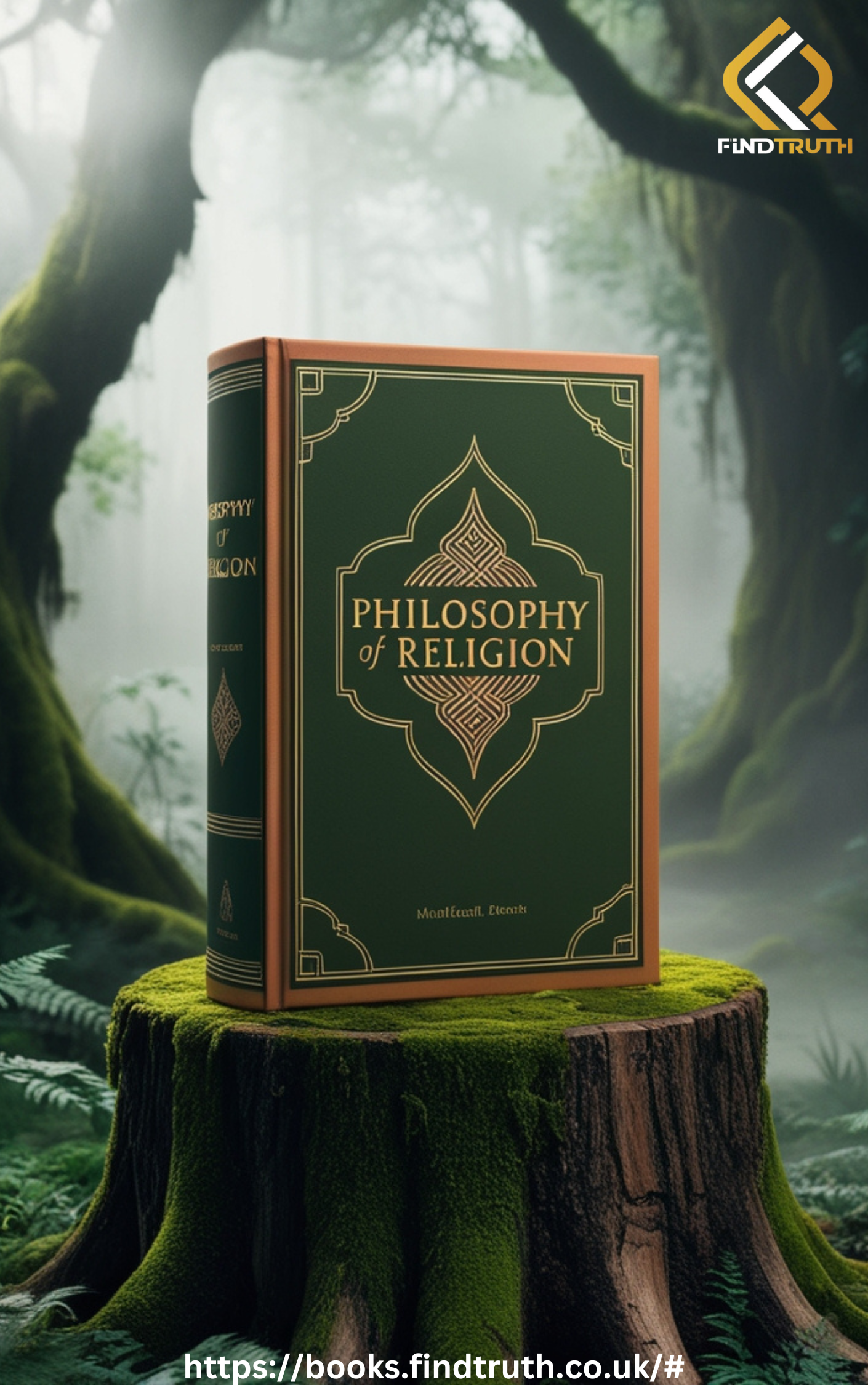Universal Dimensions of Islam
"Universal Dimensions of Islam" presents a comprehensive examination of the fundamental principles and teachings of Islam, highlighting its universal values that resonate with humanity as a whole. This book delves into the core beliefs of Islam, including Tawheed (Monotheism), Nubuwwah (Prophethood), and Ma’ad (Day of Judgment), and illustrates how these concepts promote justice, compassion, and equality among all people.
The narrative emphasizes the relevance of Islamic teachings in addressing contemporary global issues, such as poverty, environmental sustainability, and social justice. By drawing on historical examples and modern interpretations, the book demonstrates how Islam advocates for a balanced lifestyle that encompasses spiritual growth, moral responsibility, and community engagement.
Moreover, "Universal Dimensions of Islam" explores the contributions of Islamic civilization to various fields, including science, philosophy, art, and culture, showcasing how Islamic principles have historically fostered innovation and cooperation among diverse societies.
The book also addresses the challenges faced by Muslims in the modern world, advocating for a constructive dialogue between cultures and religions to promote mutual understanding and respect. It encourages readers to recognize the shared values among different faiths and to work collectively towards achieving peace and harmony.
In conclusion, "Universal Dimensions of Islam" serves as an essential resource for understanding the broad scope of Islamic teachings and their application in contemporary society. It invites readers to appreciate the universality of Islam as a guiding force for personal and collective well-being, transcending cultural and geographical boundaries.

